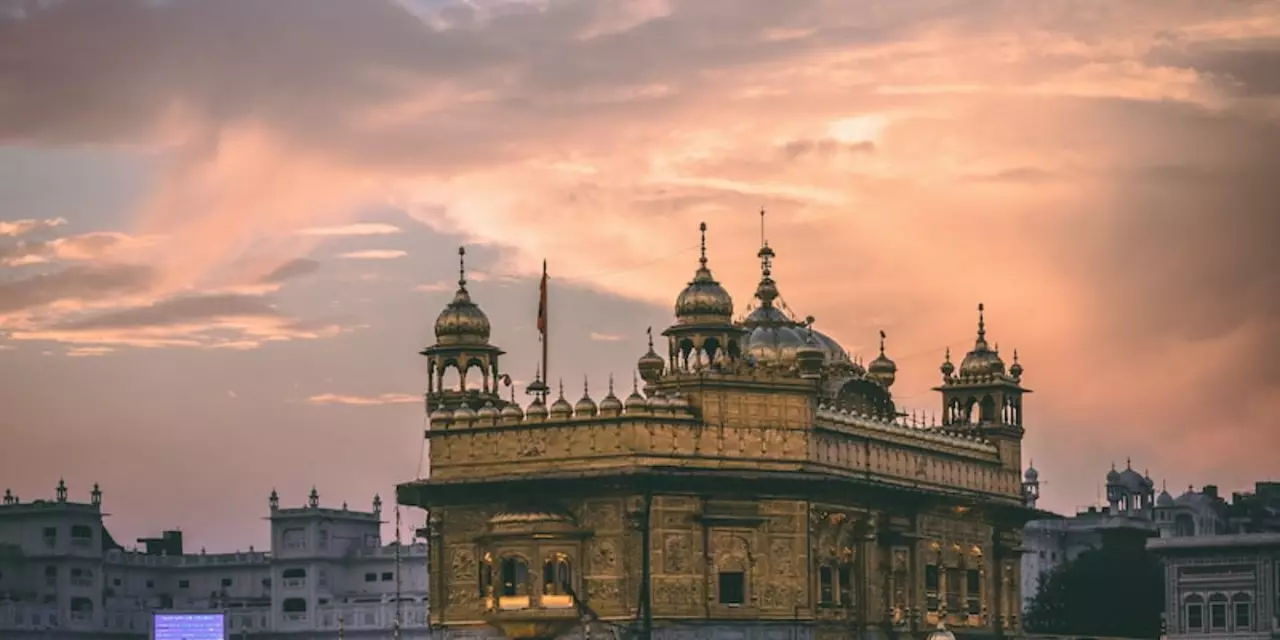How to Counteract Hatred Towards India and Indians: Strategies for Dealing with Discrimination
In an increasingly globalized world, people of all backgrounds are increasingly exposed to different cultures and beliefs. Unfortunately, this has also increased the prevalence of prejudice, discrimination, and even hatred towards certain groups, including India and its citizens. While the causes of such animosity may differ from case to case, the end result is the same: the individuals and communities affected by it suffer from a range of physical, mental, and emotional harms. To combat this discrimination, it is important that those affected have a clear understanding of strategies for dealing with it.
Understand the Causes of Hatred Towards India and Indians
It is important to understand the causes behind the hatred towards India and Indians. Although it can be difficult to identify the exact root of the prejudice, some factors may include: fear of the ‘other’, a lack of understanding of cultural differences, or even a feeling of insecurity due to the success of Indians in the global economy. Once the root cause is identified, it can be addressed in a more effective manner, thus reducing or eliminating the hatred.
Educate Yourself and Others
Education is one of the most powerful tools to combat hatred and discrimination. By learning more about the culture, history, and beliefs of India, individuals and communities can gain a better understanding of the country and its people. This knowledge can then be used to counter stereotypes and misconceptions, and to foster meaningful dialogue between cultures. Additionally, educating others about India can help to break down the barriers of ignorance and intolerance.
Be an Advocate for Change
In addition to educating yourself and others, it is important to be an advocate for change. This can be done by speaking out against discrimination and hatred, supporting organizations that work to promote understanding and acceptance between cultures, and actively working to create a more inclusive environment. It is also important to remember that this is a long-term process, and that small steps can have a big impact.
Seek Support from Others
Dealing with prejudice, discrimination, and hatred can be emotionally draining, and it is important to seek support from others. This can be done by talking to family and friends, joining a support group, or even speaking to a professional. It is important to remember that you are not alone, and that there are people who are willing to help.
Conclusion
Hatred towards India and its citizens is an unfortunate reality in today’s world. However, by understanding the causes of such animosity, educating yourself and others, being an advocate for change, and seeking support from others, it is possible to counteract the hatred and discrimination faced by Indians. By taking these steps, individuals and communities can work together to create a more tolerant and inclusive society.
Understanding the Causes of Prejudice Against India and Indians: How to Foster Respect and Understanding
Prejudice and discrimination against India and its citizens have been an ongoing problem for centuries. Despite the nation’s rich cultural heritage, many people have grown to hate India and Indians on the basis of ethnic and religious biases. The key to understanding and overcoming such hatred is to identify its root causes and then work to foster a culture of mutual respect and understanding.
Economic Bias
One of the primary causes of prejudice against India and Indians is an economic bias. India is often perceived as being a poor and developing nation, and many people believe that its citizens are not as sophisticated or advanced as those from other countries. This unfounded belief can lead to an outright disdain for India and its people, and this can manifest in the form of verbal and physical attacks.
Religious Prejudice
Religious prejudice is also a major factor in the animosity many people feel towards India and its citizens. India is a predominantly Hindu country, and many people view this as a threat to their own religious beliefs. This can result in discrimination and even violence against those of the Hindu faith. Additionally, India is home to a large number of Muslims, prompting some to label the country as a “Muslim nation” and fuel animosity towards its people.
Political Animosity
Political animosity is another common cause of hatred towards India and its people. India is often perceived as being a “rogue state” and a potential threat to other countries. This fear has been fueled by India’s nuclear weapons program, as well as its increasingly assertive stance in international affairs. This can lead to a negative perception of India and its citizens, resulting in discrimination and even violence.
How to Foster Respect and Understanding
In order to foster respect and understanding, it is important to acknowledge the root causes of prejudice against India and its people. This begins with educating people about the cultural, religious, and political diversity of the nation, and emphasizing its rich history and contributions to the global community. It is also important to promote dialogue and exchange between different cultures, as this can help to foster mutual understanding and respect. Finally, it is essential to speak out against violence, discrimination, and hate speech, as this can help to create a culture of acceptance and tolerance.
By understanding the causes of prejudice against India and its citizens, we can work to promote mutual respect and understanding. By educating ourselves and others about the nation’s culture and history, and by engaging in dialogue and exchange between different cultures, we can create a more tolerant and accepting world.
